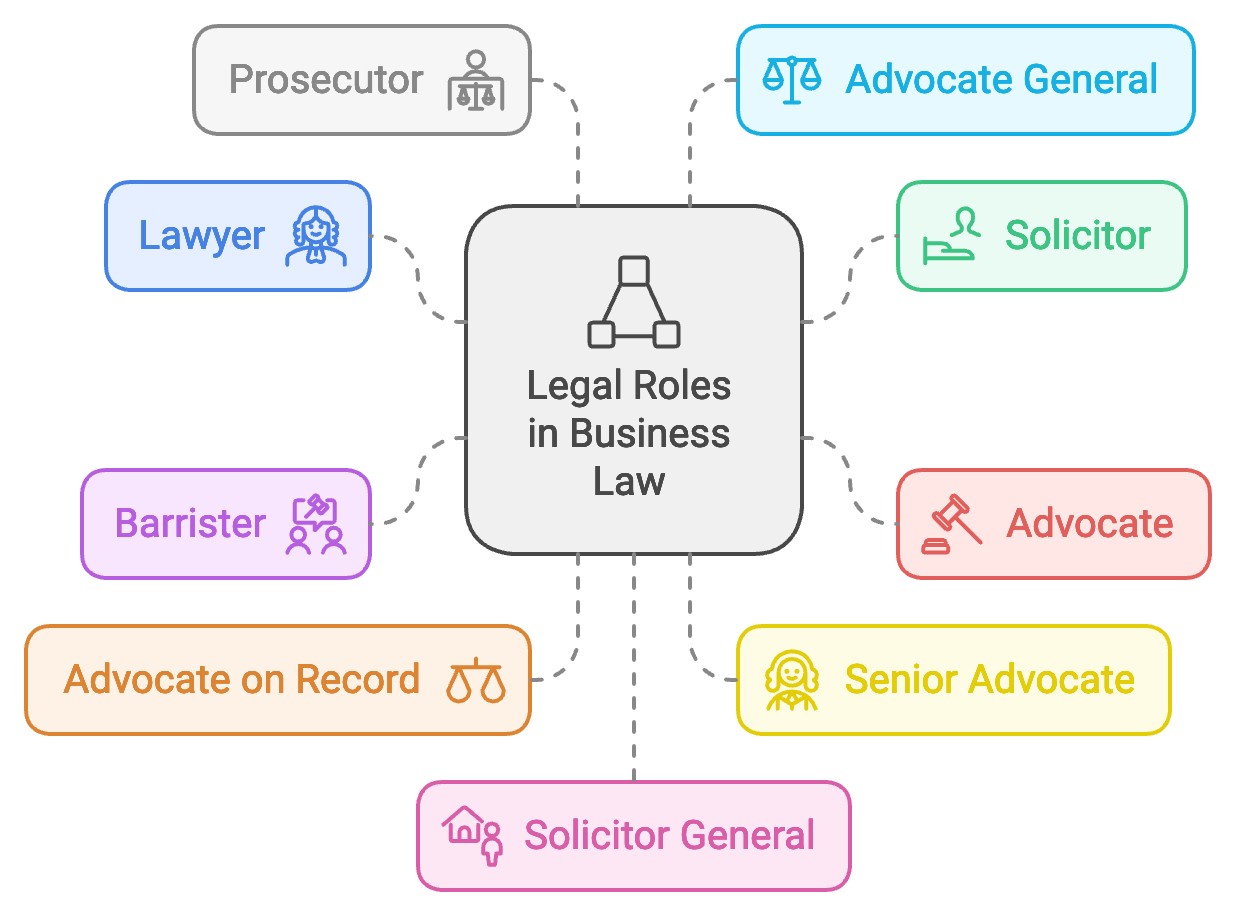Employee Relations and Legal Protection in the Vietnamese Workplace
As Vietnam continues to integrate into the global economy, the dynamics of its workforce are evolving. For employers, fostering positive employee relations while ensuring legal protection is crucial to sustaining a productive and compliant workplace. Navigating the complexities of Vietnamese labor laws, understanding worker rights, and establishing effective communication and dispute resolution mechanisms are all essential components of employee relations in Vietnam. This article explores the importance of employee relations and legal protection in the Vietnamese workplace, highlighting key legal provisions, best practices, and the role of business lawyers and corporate legal services.
Understanding Employee Relations in Vietnam
Employee relations encompass the interactions between employers and employees, including workplace culture, communication, and conflict resolution. Positive employee relations contribute to employee satisfaction, motivation, and retention, while negative relations can lead to conflicts, reduced productivity, and increased turnover.
The Role of Labor Contracts
Labor contracts are foundational to employee relations in Vietnam. The Labor Code mandates that all employees must have written labor contracts that specify the terms of employment. Key elements of a labor contract include:
- Job Description: Clearly outlining the employee’s roles, responsibilities, and expectations contributes to a mutual understanding and helps prevent conflicts.
- Compensation and Benefits: The contract should specify salary, bonuses, benefits, and allowances, ensuring transparency regarding payment terms.
- Working Hours: Clearly defining working hours, overtime provisions, and rest periods establishes a framework for employee expectations.
- Duration of Employment: The contract should indicate whether it is a fixed-term or indefinite contract, specifying renewal or termination conditions.
- Termination Clauses: Providing clear grounds for termination, notice periods, and procedures helps protect the rights of both parties and minimizes litigation risks.

Key Legal Protections for Employees
Vietnamese labor laws are designed to protect the rights of employees while outlining employer obligations. Some key areas of legal protection include:
- Minimum Wage Regulations: The government sets minimum wage standards to ensure that employees receive fair compensation based on their region and industry.
- Working Conditions: Labor laws mandate safe working conditions, outlining employer responsibilities for providing a safe environment, health and safety training, and equipment.
- Leave Entitlements: Employees are entitled to various types of leave, including annual leave, sick leave, maternity leave, and public holidays. This legal framework protects employees’ rights to take necessary time off.
- Social Insurance: Employers must register employees for social insurance, which offers protection for health care, maternity benefits, pensions, and unemployment assistance.
- Rights to Organize: Employees have the right to join trade unions and engage in collective bargaining, allowing them to advocate for their interests and negotiate improved working conditions.
Building Positive Employee Relations
To ensure that employee relations are constructive, companies should adopt a range of best practices that promote engagement, communication, and collaboration:
1. Clear Communication Channels
Establishing open lines of communication between management and staff is essential. Companies should encourage feedback and provide avenues for employees to voice concerns or suggestions. Regular meetings, surveys, and suggestion boxes can facilitate dialogue and foster a culture of openness.
2. Conflict Resolution Mechanisms
Employers should develop clear processes for addressing workplace conflicts or grievances. Examples of effective conflict resolution mechanisms include:
- Formal Grievance Procedures: Implementing established procedures for employees to report grievances and assert their rights ensures that issues are addressed transparently and fairly.
- Mediation and Facilitation: Involving neutral third-party mediators can help facilitate discussions and resolution between conflicting parties, promoting a collaborative approach to conflict resolution.

3. Training and Development
Investing in employee training not only enhances skills but also demonstrates a commitment to their professional growth. Training programs on workplace policies, interpersonal skills, and job-specific knowledge can create more satisfied and engaged employees.
4. Employee Recognition Initiatives
Recognizing employee contributions boosts morale and creates a positive workplace culture. Appreciation programs, awards, and feedback mechanisms that celebrate employee achievements contribute to a sense of belonging and dedication.
5. Regular Performance Reviews
Conducting regular performance reviews establishes clear expectations, provides constructive feedback, and creates opportunities for dialogue between management and staff. This practice can help identify areas for improvement and celebrate successes.
Navigating Labor Disputes
Despite best efforts to maintain positive employee relations, disputes may still arise. Understanding the legal framework for labor disputes and having the proper procedures in place is vital for effective resolution.
1. Legal Framework for Dispute Resolution
Vietnamese labor law provides a structured framework for resolving labor disputes. Key principles include:
- Mediation: Employees may first engage in mediation through the labor union or local labor department to resolve disputes amicably.
- Arbitration: For unresolved disputes, arbitration serves as a more formal mechanism to reach binding decisions, with the Arbitration Council established to handle such cases.
- Lawsuits: If mediation and arbitration do not resolve the dispute, parties can take their case to the labor court, which adjudicates labor-related issues.
2. Role of Business Lawyers
Business lawyers play a crucial role in navigating labor disputes and ensuring legal protection for both employers and employees:
- Expert Guidance: Lawyers knowledgeable in Vietnamese labor law provide guidance on compliance, employee rights, and obligations, helping to minimize workplace conflicts.
- Contract Drafting: Legal professionals can assist in drafting comprehensive labor contracts that comply with local laws, reducing potential disputes.
- Dispute Representation: In case of disputes, business lawyers can represent clients during mediation, arbitration, or court proceedings, advocating for their interests and ensuring fair representation.

Compliance Consulting for Employers
To maintain compliance with Vietnamese labor laws and effectively manage employee relations, many employers benefit from engaging compliance consulting services.
1. Benefits of Compliance Consulting
- Legal Expertise: Compliance consultants specializing in labor law provide insights into legal obligations and help organizations navigate complex regulatory landscapes.
- Document Preparation: Consultants assist in preparing necessary documentation, such as contracts, policies, and records, ensuring compliance with legal requirements.
- Training Programs: Offering training on labor law compliance, employee rights, and legal responsibilities can equip management and staff to foster a compliant workplace.
- Risk Management: Regular compliance audits and assessments help identify potential vulnerabilities and allow proactive measures to mitigate risks before they escalate into disputes.

Conclusion
Navigating employee relations and legal protections in Vietnam’s workplace involves a comprehensive understanding of labor laws, proactive communication, and effective dispute resolution strategies. By prioritizing positive employee relations and maintaining compliance with legal obligations, employers can create a harmonious work environment that benefits both employees and the organization. Engaging with business lawyers and compliance consultants ensures that employers remain informed and prepared to address the complexities of labor laws, ultimately paving the way for sustainable business growth and a committed workforce.
